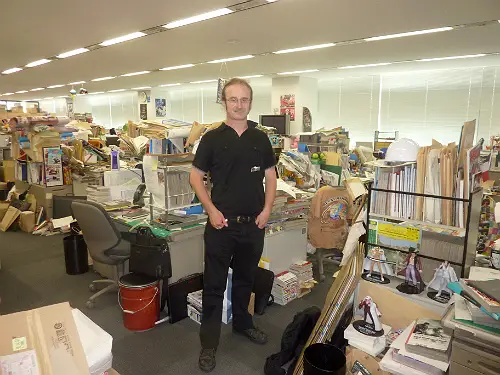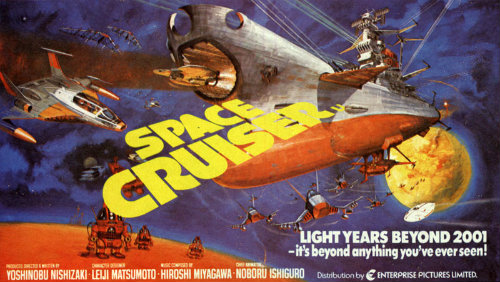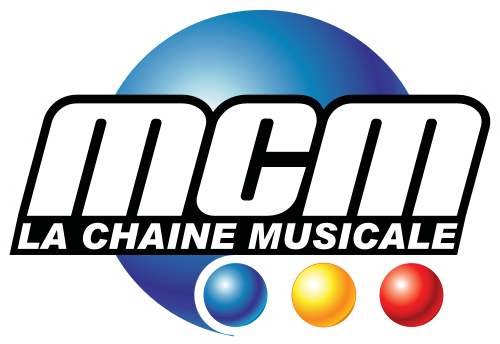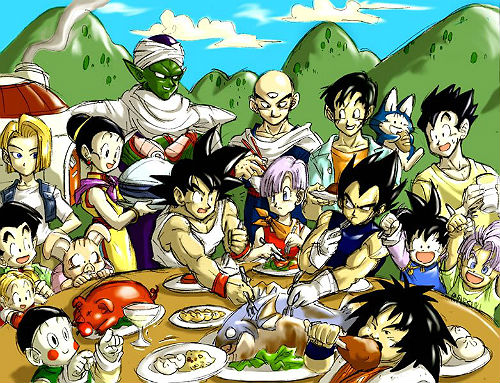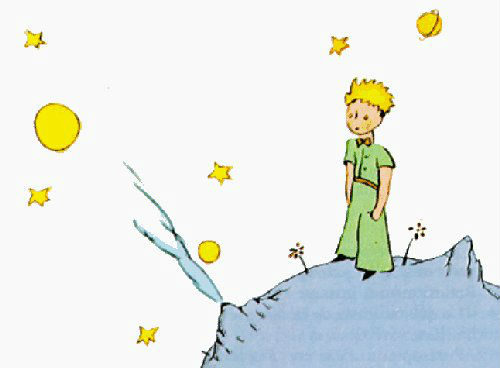Interview with Olivier Richard – Author of Akira Toriyama Book – Part 1
Join me for a conversation with Olivier Richard, the French author of the book, Akira Toriyama – The Master of Manga.
Olivier Richard was an integral figure in the French manga and anime industry during the 80’s and 90’s. As a long time fan of Japanese comics, he wrote the world’s first biography about Akira Toriyama.
This is Olivier’s first interview about the book conducted in English, and thus represents his premiere to the North American and international English speaking audience of Dragon Ball fans.
Read on to learn about Dragon Ball’s popular explosion in France, hear Olivier’s personal feelings about comics, and gain international insights into Toriyama’s success!
Manga and Anime in France
DEREK: When did you first become interested in manga and anime?
OLIVIER: I was first interested in Japanese manga, actually, anime, by the end of the 70’s, when I was very young.
The first Japanese anime’s were broadcast on French TV in ‘78, with Mazinger. Everyone saw it on TV when it was broadcast.
Also around those years I was reading some fanzines about science fiction and fantasy movies. Those fanzines dealt with all kinds of movies from America and Great Britain, but also from Asia. So we were aware of what took place in Asia, and of course Japan.
Sometimes we were able to write reviews about Japanese anime, like the first movies of anime inspired by Space Cruiser Yamato. When it was broadcast in the Cannes film market there was a review about it, so we knew that it existed, and those films being made by the same kind of people who produced the anime we were watching on TV. And sometimes there were movies.
So I’ve been interested in Japanese manga and anime for a long time.
DEREK: Did you have a role in bringing these films to France?
OLIVIER: Later I had a job at French TV channels, like MCM, which is a kind of French MTV. We have MTV in France, and MCM is the same type of music channel. We also used to broadcast for the tweens and teenagers, so I used to purchase anime’s like Dragon Ball, One Piece, Fullmetal Alchemist, Paranoia Agent and Bleach.
DEREK: Yeah, on the inside jacket of your book it said you helped to distribute Dragon Ball in Europe, along with One Piece and Bleach. How exactly were you involved?
OLIVIER: Dragon Ball premiered for the first time in France in the late 80’s. It was very popular at the time, so years later when I had the job of being the Head of Programs, I bought Dragon Ball and reran them, and it was the first time for ages that the channel broadcast the complete three series. So we had very, very high ratings.
Speaking of Fullmetal Alchemist, I broadcast the whole series.
Regarding One Piece, I purchased 150 episodes which were broadcast for the first time in France.
Speaking of Paranoia Agent, it was the first time it was broadcast in France.
DEREK: That’s great! Obviously you saw an audience there that would appreciate it.
How do French people, the youth, or whatever the target demographic is for anime and manga are, how do they view international Japanese manga and pop culture? Is it something that’s really popular? Is it understood well? Or is it just seen as some kind of oddity that people are curious about?
OLIVIER: It’s very popular. But of course we still have some people thinking Japanese only produce hentai or things like that. Now almost everybody is aware that it’s very big, and it’s read and screened by people from the core target of 12 to 24, but you can even read good reviews about Japanese manga in Newsweek type magazines in France.
It’s very, very popular. For example when Miyazaki, Studio Ghibli, releases a new movie in France, everybody talks about it on TV or in Newspapers.
DEREK: Really? That’s good.
OLIVIER: Yeah, really, really. For example, we had Otomo Katsuhiro, he got an artistic award by one of the members of the government, like 5 or 6 years ago. He got a medal in Paris.
DEREK: That’s an impressive amount of sales.
OLIVIER: I was told France is the second market in the world for manga.
DEREK: Is that right? I didn’t realize that.
OLIVIER: I think so, yeah. And there are a lot of manga and anime conventions in France. The biggest one, Japan Expo, takes place in the Paris area and attracts almost 200,000 people in 4 days, every year.
Personal Tastes
DEREK: It seems that based off of your work that your focus is on shonen manga, is that correct?
OLIVIER: Yeah, because the channel I was taking care of was reaching this 15 to 24 year old demographic. We also broadcast some seinen and kids manga, but we mostly broadcast shonen manga.
DEREK: Is that your favorite genre as well?
OLIVIER: No, no, no, not my favorite. It’s one of the genres I like, but I also like seinen, and all types of comic books, actually.
DEREK: Do you also appreciate western comics?
OLIVIER: Yeah. Right now I’m reading a lot of DC Comics.
DEREK: Oh, yeah, they are going through a lot of changes right now, with The 52, right?
OLIVIER: It’s very good. Right now I’m following the Justice League. It’s very good stuff. I also like a lot of American and British comics. I’ve done interviews with writers or artists like Jack Kirby. So to me it’s the same kind of thing.
Of course there are differences between shonen manga, French comics and American comics. But what I like are comics books, sci-fi and fantasy, so of course Japanese manga are one of the most interesting comics produced.
DEREK: I see. I think that’s good, because it gives you a broader perspective. It’s entertaining, too.
Comics in France
DEREK: I recently just finished reading The Little Prince, which I understand is very popular in France. Are you familiar with that story?
OLIVIER: Yeah, yeah. Everybody hears about it. It’s been one of the books you’re supposed to read when you go to school.
DEREK: Oh, is that right? I bring it up because I’m curious, and see some parallels between that and Dragon Ball, in terms of innocence and things like that. And I wonder if Manga is so popular in France because of the culture that existed there already. Seems like maybe it was primed for that type of illustrated art that was targeted to children.
OLIVIER: You know, from Paris there is a long tradition of comic books. Since we are very close to Belgium, and half of Belgium speaks French, everybody has the opportunity to read them. Classics like Tintin, Spirou, whatever.
Speaking of Japanese manga, shonen manga is very popular in terms of sales. But of course the high brow people would prefer a seinen manga. Taniguchi Jiro is very popular with high brow people in France, and Miyazaki of course. But Shonen manga is not that well regarded. Some people think it’s basic stuff, you know. It’s read, it’s very big in France, but it doesn’t have a good reputation amongst high brow people.
But a good point is that, for example, when a new Naruto or One Piece volume is released in France, it’s one of the top 10 books sold in all of France, in all categories.
And I don’t mean one of the most successful comic books, I mean one of the most successful books of all types. [For example] Number 1 is Steve Jobs’ biography. Number 2 or Number 3 is One Piece.
It’s very, very big. Some people don’t like it, but they have to witness the facts.
DEREK: Yeah, you can’t deny that.
Toriyama Inspires
DEREK: How has Dragon Ball and Akira Toriyama’s work influenced your life in particular?
OLIVIER: My life? I know I wrote a lot about it! [laughter] Since I used to work in a video game magazine, at the apex of the Dragon Ball manga, we used to write a lot about it, so it’s one of the topics I’ve worked on the most.
DEREK: So for years you’ve been writing about Dragon Ball?
OLIVIER: Yeah, because I used to work at a video game magazine called Player One. Every month we had reviews about the new manga and animes. Between 1992 and 1995, 1996 maybe, there were at least 2 Dragon Ball movies a year, plus the games, plus the new manga, and since it was successful we did a lot of articles about Toriyama and the Dragon Ball series. It was one of the topics I worked the most on!
DEREK: From a professional perspective it sounds like Dragon Ball played a big part in a lot of people’s lives.
OLIVIER: Yes.
DEREK: From another perspective, did Dragon Ball ever inspire you to change your life in a positive way, such as practicing the martial arts, or working harder at achieving a particular goal?
DEREK: Did that happen while you were working on this book?
OLIVIER: Yes, it did. [laughter]
DEREK: Toriyama did work really hard!
The Right Man for the Job
As you can see, with Mr. Richard’s extensive career in the French manga and anime industry, he was the perfect man to write a book about Akira Toriyama and his life’s work.
This interview was particularly engaging, as we’re both big Dragon Ball fans, so check out Part 2 of my interview with Olivier Richard, where I ask him in-depth questions about his book, why he chose to write about Toriyama, difficulties during the development process, and why he believes that Toriyama is an under-recognized writer.
' . $comment->comment_content . '
'; } } else { echo 'No comments found.'; }